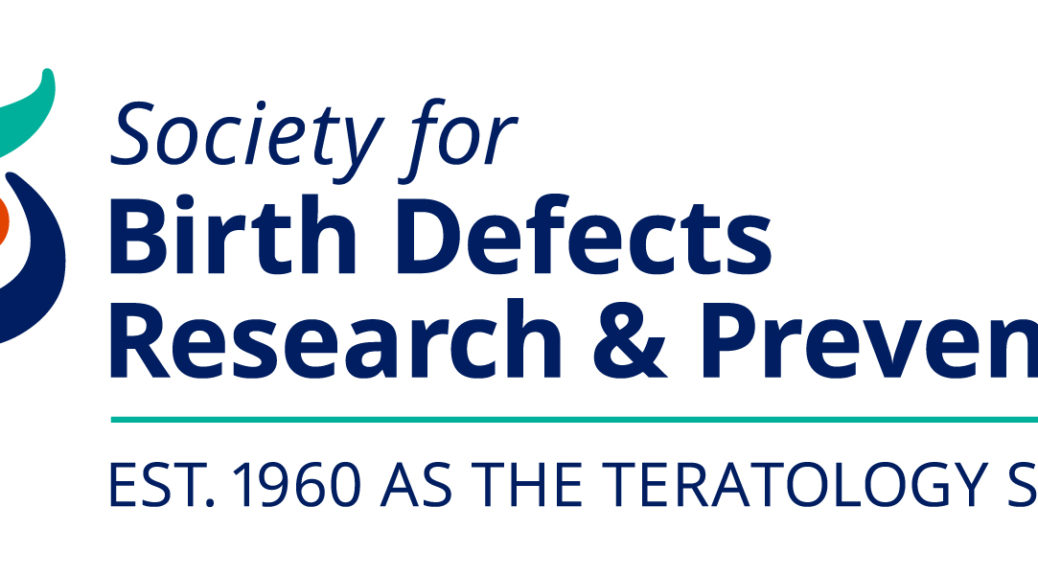[ad_1]

Networking is a cornerstone of our annual meeting, and this year attendees will have more opportunities to partake in interactive and engaging experiences through a dynamic virtual platform.
RESTON, Va. (PRWEB)
May 04, 2021
From utilizing machine learning for streamlining public health emergency response, to the ethical debate of including pregnant people in scientific research, some of the world’s leading scientists will come together and be recognized for their breakthrough birth defects-related research. The special lectures and award presentations will be highlighted during the Society for Birth Defects Research and Prevention’s 61st Annual Meeting being held virtually June 24–July 1, 2021.
The virtual presentations will also cover other hot topics such as the latest birth defects research surrounding assessing reproductive risks from fracking and mountaintop mining, cannabis use in pregnancy, and the effects of water fluoridation on neurodevelopment. For the full virtual meeting schedule, including opportunities for continuing education, please visit http://www.birthdefectsresearch.org/meetings/2021.
The Society for Birth Defects Research and Prevention (BDRP) is an international and multidisciplinary group of scientists including researchers, clinicians, epidemiologists, and public health professionals from academia, government, and industry who study birth defects, reproduction, and disorders of developmental origin. Despite the challenges of the current pandemic and social distancing, 2021 virtual meeting attendees will have invaluable career opportunities. “Networking is a cornerstone of our annual meeting, and this year attendees will have more opportunities to partake in interactive and engaging experiences through a dynamic virtual platform, all while connecting from the comfort and safety of your home or office,” said Elise Madison Lewis, PhD, BDRP President. “In addition, our trainees and early career professionals will have an opportunity to learn more about our Society through mentorship.”
The 2021 Society for Birth Defects Research and Prevention award recipients and special lecturers include:
Keynote Lecture
Carleigh Krubiner, PhD, Center for Global Development and Johns Hopkins Berman Institute of Bioethics
Scheduled Presentation: Pregnancy and the Perils of Precaution: The Ethical Imperative to Protect Pregnant People through Research
Josef Warkany Lecture
Peter Wells, PharmD, University of Toronto
Scheduled Presentation: Reactive Oxygen Species (ROS) and DNA Damage/Repair in Developmental Disorders
Robert L. Brent Lecture: Teratogen Update
Sonja A. Rasmussen, MD, MS, University of Florida College of Medicine
Scheduled Presentation: Identifying New Human Teratogens: Revisiting Shepard’s Criteria
F. Clarke Fraser New Investigator Award
Vijaya Kancherla, PhD, Emory University
Scheduled Presentation: Consequentialist Epidemiology of Birth Defects: Early Career Experiences and Key Findings from National and Global Research
Patricia Rodier Mid-Career Award for Research and Mentoring
Michael T. Williams, PhD, Cincinnati Children’s Research Foundation
Scheduled Presentation: Manganese Overexposure during Development: Environmental and Genetic Effects
Agnish Fellowship
Ronald Hood, PhD, ATS, The University of Alabama
Scheduled Presentation: Education, Service, and Career Paths in the Multidisciplinary Science of Birth Defects Causation and Prevention
James G. Wilson Publication Award for the best paper published in the journal Birth Defects Research
Richard Lusk, Deloitte Consulting, LLP, John Zimmerman, Deloitte Consulting, LLP, and Nicole M. Roth, Centers for Disease Control and Prevention
Exploratory analysis of machine learning approaches for surveillance of Zika‐associated birth defects. Birth Defects Research, 112.18:1450–1460 (2020)
Society for Birth Defects Research and Prevention Innovator Award Finalists
- Hao H. Chen, PhD, University of California San Francisco
Title: Transcriptomic and proteomic profiling of alternative flame retardant exposures in human embryonic stem cell neural derivatives
- Georgia G. Pitsava, MD, NIH Eunice Kennedy Shriver National Institute of Child Health and Human Development
Title: Exome sequencing findings in 115 children with annular pancreas
- Philip J. Lupo, PhD, Baylor College of Medicine
Title: Newborn Screening Analytes and Structural Birth Defects: Evaluating Novel Associations using a Phenotypic Spectrum Analysis
Wilson Presentation Award Finalists
Graduate Students
Kian Afsharian, University of Toronto
Daniel Valladares, University of Florida
Lama Iskandarani, McGill University
Danielle Drake, University of Toronto
Postdoctoral Fellows
Sanaz Momben Abolfath, PhD, US Food and Drug Administration
Corrine Ruktanonchai, PhD, Virginia Tech
Karen E. Boschen, PhD, University of North Carolina
Gavin Knight, PhD, University of Wisconsin
Edward W. Carney Distinguished Service Award
John M. Rogers, PhD, US Environmental Protection Agency and ToxStrategies, Inc.
Birth Defects Research Distinguished Scholar Awards
- De-Kun Li, MD, PhD, for research associated with A Systematic Review to Calculate Background Miscarriage Rates using Life Table Analysis; BDRA, 94.6: 417-423 (2012) and In Utero Exposure to Bisphenol-A and Anogenital Distance of Male Offspring, Birth Defects Research–Part A, 91.10: 867–872 (2011)
- Marilyn H. Silva, PhD, DABT, and Lauren Zeise, PhD, for research associated with A Comparison of ToxCast Test Results with In Vivo and Other In Vitro Endpoints for Neuro, Endocrine, and Developmental Toxicities: A Case Study Using Endosulfan and Methidathion; Birth Defects Research–Part B, 104.2:71–89 (2015)
For a full list of Society for Birth Defects Research and Prevention awards and recipients, please visit:
http://www.birthdefectsresearch.org/meetings/2021. Follow #BDRP2021 on social media to get BDRP Virtual Annual Meeting-related news.
# # #
Media Contact: Nicole Chavez, 619-368-3259, nchavez@birthdefectsresearch.org
[ad_2]

